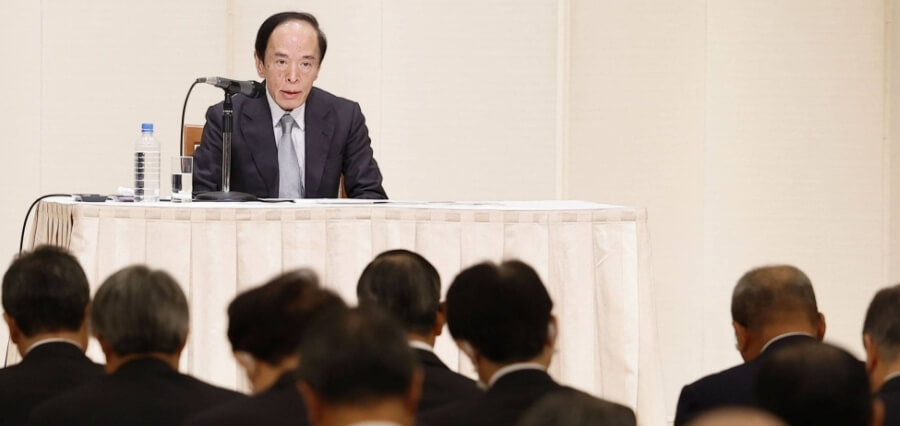Governor of the Bank of Japan Kazuo Ueda warned that there is doubt over whether businesses will continue to raise salaries sufficiently in the upcoming year, despite the fact that the nation is moving closer to meeting the bank’s 2% inflation objective.
According to him, the two main variables influencing the country’s ability to permanently attain 2% inflation are whether or not wages will continue to rise in the upcoming year and whether or not businesses would raise prices in anticipation of higher labour costs.
“Corporate wage and price-setting behaviour is showing more encouraging signals than it did previously. In an address to business leaders in Nagoya on Monday, Ueda stated, “But there’s still uncertainty about whether the positive cycle (of inflation and wages) will strengthen, as we predict.”
The prognosis was “extremely uncertain” because of foreign threats, he added, including the effect of aggressive U.S. interest rate hikes on financial markets and China’s slow growth momentum, even though Japan’s economy is projected to continue recovering.
According to Ueda, the BOJ is concentrating on real borrowing costs that have been adjusted for inflation, which are still negative even though bond yields are slowly rising.
Since the previous year, inflation forecasts have somewhat increased. Therefore, even if long-term rates increased, real interest rates remained negative, according to Ueda.
By saying, “We expect real interest rates to move in negative territory and keep monetary conditions sufficiently accommodative,” he implied that a little increase in the yield on government bonds would be accepted by the BOJ.
Last week, the central bank kept its ultra easy monetary policy in place, but it also relaxed its hold on long-term rates by making adjustments to its bond yield control policy, which was another move toward the deconstruction of its contentious stimulus program.
Amidst a global trend of aggressive central bank policy tightening, the BOJ continues to be a dovish outlier, believing that before it can phase down support, recent cost-push inflation must be replaced by a primarily demand-driven price rise.
Read More: Click Here





